What if patients are fully aware they are taking a placebo?
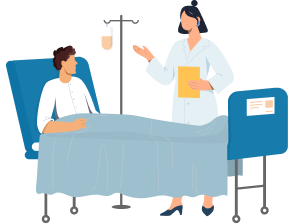
There is a lesser-known subfield within this vein of research—non-deceptive placebo effects. This phenomenon, also known as open-label placebo effects, occurs when patients know they are being administered an inert treatment, yet still experience improved clinical outcomes.
While this stream of research is still burgeoning, it has been documented in irritable bowel syndrome, chronic lower back pain, depression, ADHD, rhinitis, and cancer-related fatigue. The mechanisms that determine the extent of non-deceptive placebos' efficacy aren’t clear, but it’s thought that they retrieve a pharmacological memory, which acts as a trigger to previously conditioned responses.
Put simply, while our conscious minds might be aware that we’re taking a sugar pill, our unconscious mind receives environmental signals, such as the pill and the clinical environment it is being consumed, to determine a response.
In a recent study, participants in the testing group were administered a nasal spray they were told had no active ingredients but would help reduce their negative feelings only if they thought it would. Interestingly, these participants exhibited less emotional distress when viewing emotionally negative images. The reduced distress was verified using two measures: self-report from participants and electroencephalography that measured the neural markers.*
 Blog posts
Blog posts Newristics
Newristics
 30 October 2020
30 October 2020
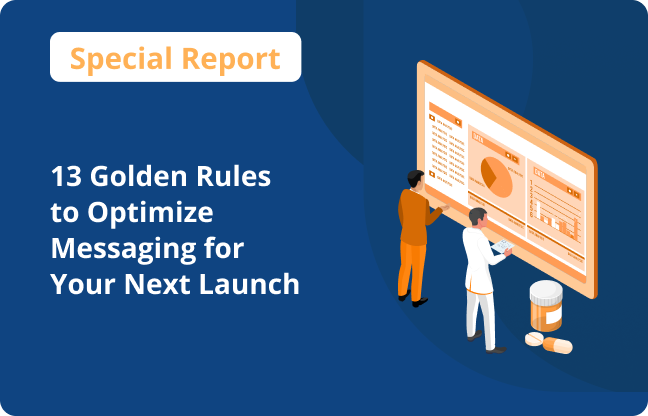
 Back
Back Share
Share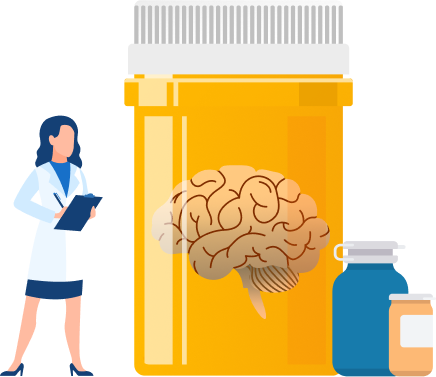





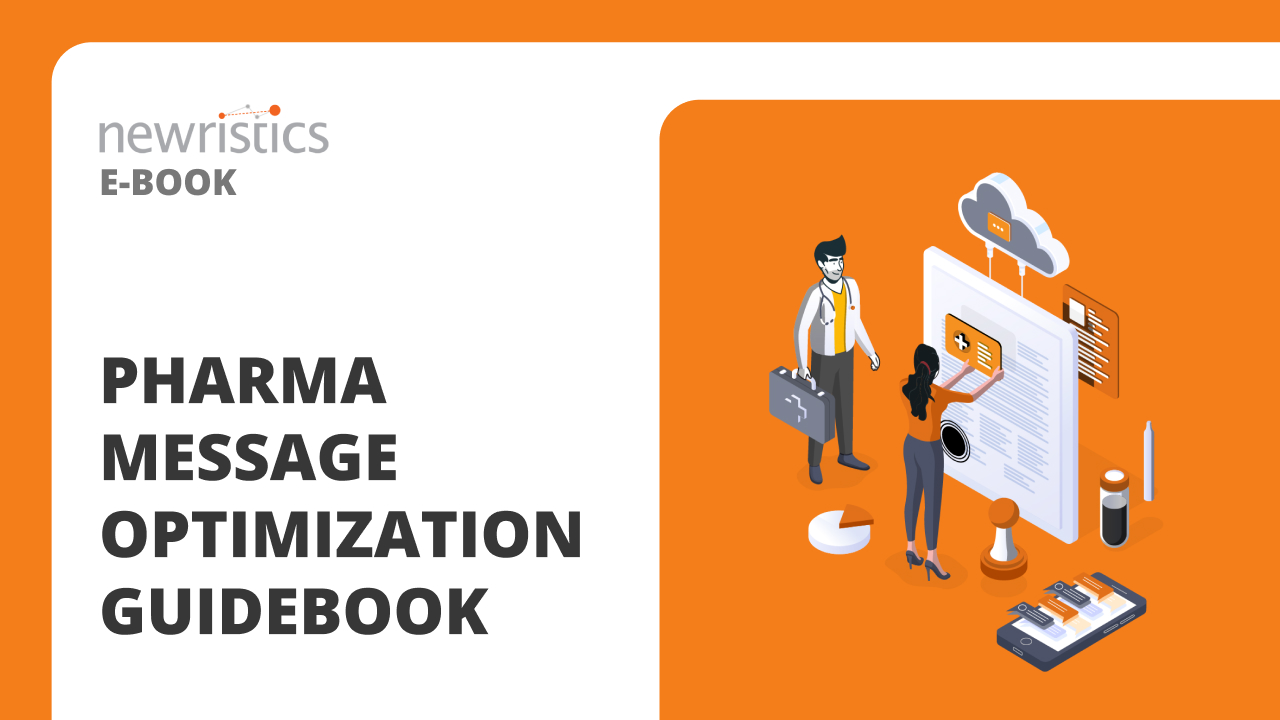
 E-books
E-books
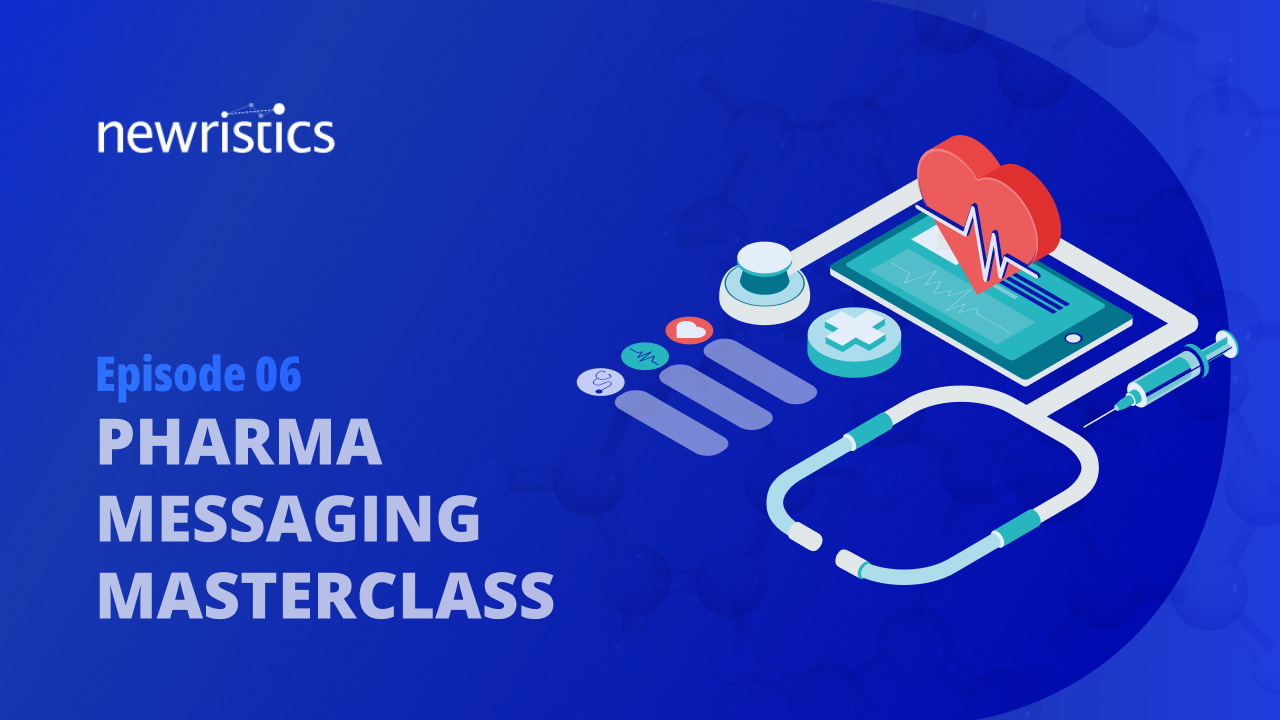
 Video
Video
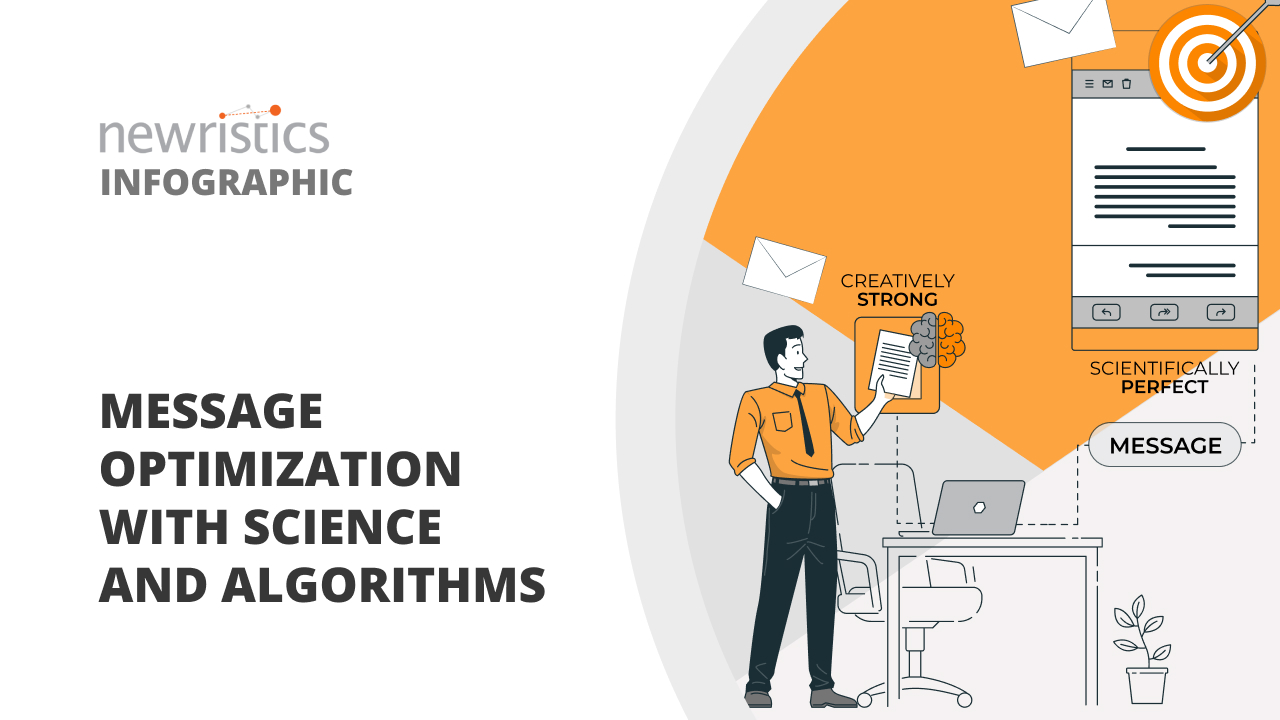
 Infographics
Infographics



